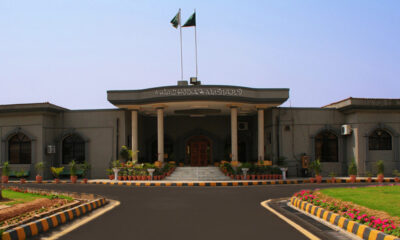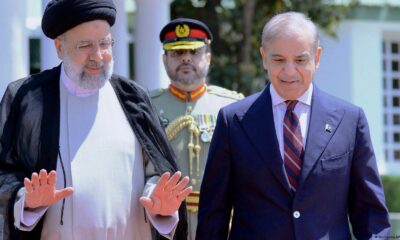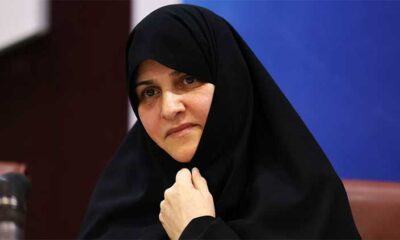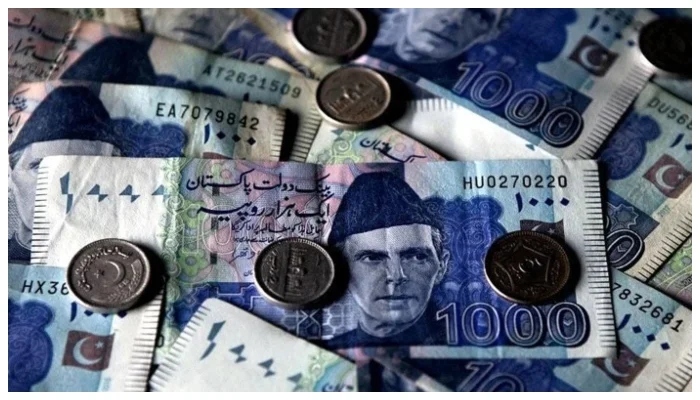- Rupee hits all time low, depreciates to 226 against US dollar in interbank market.
- Pakistan Stock Exchange witnesses negative trend.
- KSE-100 index falls 248 points to 40,140 points.
After shattering all previous records, the Pakistani rupee on Wednesday further depreciated to Rs226 after losing 4.1 against the US dollar in the interbank market.
The Pakistani rupee had hit an all time low on Tuesday as well of 224 against the dollar in the afternoon interbank trade, before closing at 221.99.
It was the highest day-on-day depreciation after June 26, 2019 when the currency fell by Rs6.80.
Meanwhile, the Pakistan Stock Exchange witnessed a negative trend as the KSE-100 index fell 248 points to 40,140 points.
PML-N’s thumping in the Punjab by-elections triggers political uncertainty
The ruling PML-N’s thumping in the Punjab by-elections has triggered political uncertainty along with import pressure taking the Pakistani rupee on a downward trajectory.
Analysts believe, however, that the domestic political and economic situation are not the only factors at play.
“The dollar is getting stronger in the global market almost against all the world currencies and the Pakistani rupee is not the exception,” said Alpha Beta Core CEO Khurram Schezad.
‘IMF is yet to be on board’: Khurram Schezad
Speaking of Pakistan’s financial situation, Schezad said that the country’s external account issues “are not settled as yet, the IMF (International Monetary Fund) is yet to be on board, and the flows are yet to materialise”.
“Global rating agencies have put a negative outlook on the economy, so that is an additional burden that is weighing on the financial markets in general and foreign exchange market in particular,” he added.
Exchange Companies Association of Pakistan (ECAP) Chairperson Malik Bostan Malik Bostan told Geo.tv that there were three reasons behind the constant devaluation of the local unit.
The forex expert said that investors are jittery at the moment as the Opposition PTI has bagged more seats than the PML-N in the Punjab by-polls — creating uncertainty over the future of the current set-up.
Bostan said that the speculations that the IMF’s Executive Board approval would take time and the money lender’s statement of being ready to negotiate with a caretaker government have exacerbated the devaluation.
He also pointed out that since the Taliban took over Afghanistan, Pakistan has provided them trade relief, resulting in additional pressure on the rupee.
The currency trader said that the State Bank of Pakistan (SBP) cannot intervene in the rising rupee-dollar parity as the country has agreed that the central bank will not intervene in the matter.
“…but even if it wishes to intervene, the SBP does not have enough dollars to inject into the market,” he said, adding that if the government wants to save the rupee, it will have to curtail the imports.

 Latest News2 days ago
Latest News2 days ago
 Latest News3 days ago
Latest News3 days ago
 Latest News2 days ago
Latest News2 days ago
 Latest News1 day ago
Latest News1 day ago
 Latest News3 days ago
Latest News3 days ago
 Latest News3 days ago
Latest News3 days ago
 Education3 days ago
Education3 days ago
 Latest News3 days ago
Latest News3 days ago
























